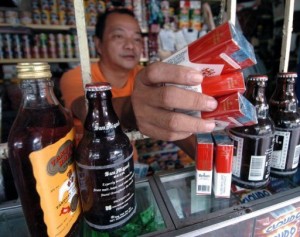Minister of Finance Mohamed Maait met on Saturday Ahmad Maslan, Deputy Minister of Finance of Malaysia, on the sidelines of their participation in the annual meetings of the Islamic Development Bank Group (IsDB) in Saudi Arabia.
During the meeting, the two sides discussed ways to enhance economic cooperation between the two countries, and the serious endeavour to double joint efforts and exchange constructive and diverse experiences between the governments of the two countries, and discussed opportunities for concluding a free trade agreement to facilitate the movement of import and export and increase trade exchange during the coming period between the two countries.
Maait said that the historical relations between the two countries extend for many decades, stressing that we are looking forward to concluding a joint agreement between the ministries of finance of the two countries to discuss public finance affairs, exchange experiences periodically, discuss economic conditions, discuss and study the double taxation agreement between the two countries and re-update it to keep pace with best practices and developments on the scene.
The Minister of Finance supported the necessity of doubling investments in the promising sectors of the two countries, most notably: the oil and gas sector, medical equipment, communications and information technology, as well as the localization of the electric car industry, by granting distinct incentives for the development of this sector and encouraging the transition to the use of clean, environmentally friendly energy.
For his part, the Malaysian Deputy Minister of Finance praised the Egyptian state’s development in various economic activities, stressing his country’s aspiration for joint cooperation in areas with a developmental dimension such as education, tourism, renewable energy and medical supplies.
He referred to the study of the exchange of commodities of interest to the two countries. For example, Egypt imports palm oil in return for exporting pharmaceutical raw materials in a way that contributes to providing the basic needs of goods for the two countries in light of the current crises.




